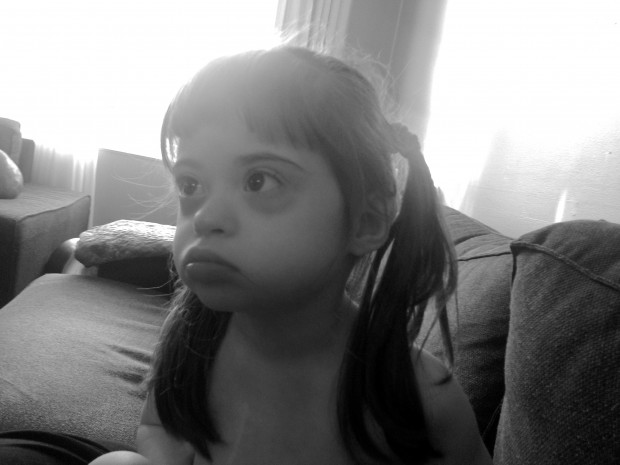We often often talk about Down syndrome like everyone knows all about it. Just in case you’re not as up-to-speed, here are some quick FAQ’s about Down syndrome to help keep things straight

What is Down syndrome?
Down syndrome is a genetic condition caused by the presence of an extra chromosome in the body’s cells. Down syndrome is not a disease, and it is not a hereditary condition. It occurs by chance at conception.
Do people with Down syndrome have a particular personality type?
No, people with Down syndrome do not have a particular personality type. People with Down syndrome are individuals. However, people with Down syndrome are more likely to use certain coping strategies. For example, it is common for people with Down syndrome to use routine, order and sameness as a way of rationalising and controlling their lives. Similarly, people with Down syndrome may also use self-talk as a way of directing their behaviour, expressing their feelings and making sense of what is sometimes a very confusing world. Change can be very disorientating especially if you have a learning disability.
What is the correct terminology regarding people with Down syndrome?
Down syndrome is not a disease and therefore people with Down syndrome do not suffer nor are they victims of their condition. Down syndrome is only a part of the person, they should not be referred to as “a Down’s”. People with Down syndrome are all unique individuals and should be acknowledged as a person first and foremost. It is important to think of the person first, e.g. “John is 29 and he has Down syndrome”.
How does Down syndrome affect development?
Down syndrome causes delays in all areas of development for babies born with the condition. All children are different so each child with have their own strengths and weaknesses. It is impossible to predict at birth what level of help a child will need. We now have a better understanding of what children with Down syndrome are good at and what areas of development they may need extra help with. Early intervention programmes, which are now widespread for children with learning disabilities, help in all areas of child development. These programmes can include speech and physical therapy as well as home teaching programmes for the child and family.
We do know that every baby born with Down syndrome will have some degree of learning disability. This means that it takes longer to process information, to learn new skills, and that tasks and learning may need to be broken down into smaller steps. It does not mean that people cannot learn. Children with Down syndrome do learn to walk,talk and be toilet trained but in general will reach these developmental milestones later than other children. Children and adults with Down syndrome can and do continue to learn throughout their lives just like the rest of the population.